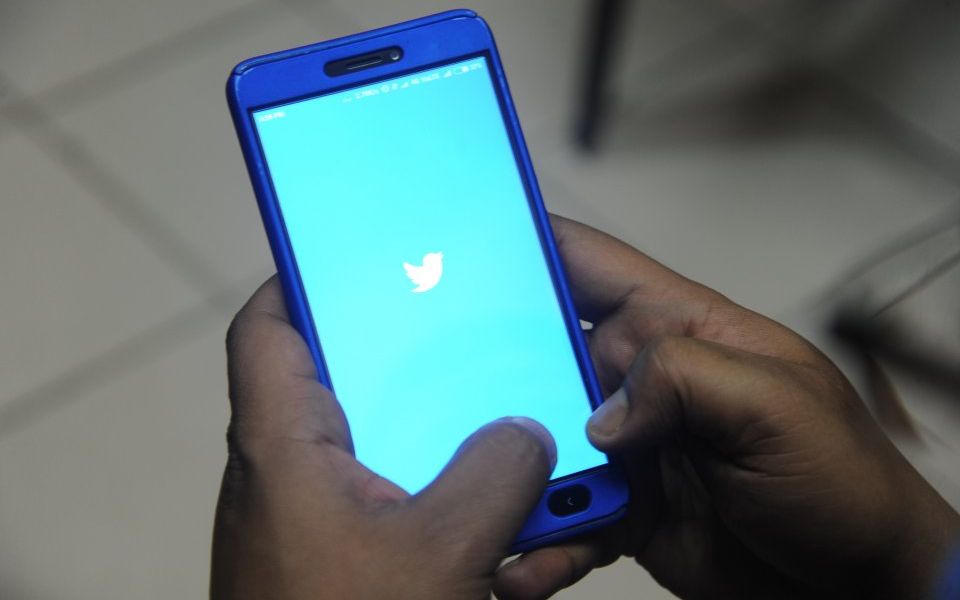Character assassination: Business bosses are starting to realise that Twitter has a price

It is not boardroom discord or tumbling profits that are causing mayhem for Elon Musk, the maverick and publicity-hungry Tesla chief who is set to lose his role as chairman. It’s his Twitter habit.
His case exemplifies how Twitter, the social media platform that can send 280 poorly chosen characters right round the world in seconds, is now becoming a danger for business bosses.
A surprising number of the world’s leading chief executives have taken to tweeting, finding it gives them a more vivid outlet for their personalities than the bland quotes attached to an annual report.
Tweets represent the opposite of their usual management-speak: the words and phrases they use are often pithy, colourful, direct and even humorous, and it can certainly enhance their public image.
But sometimes, it can all go badly wrong.
Take Musk. The charismatic head of booming electric-car company Tesla has amassed a gigantic Twitter following of 22.7m, with casual comments about high-tech verging on the philosophical, such as “engineering is magic.”
But in recent weeks Musk has found himself in deep trouble with the US Securities and Exchange Commission (SEC) over his tweeting last month of vital information about his plans to take the company private.
His assertion that funding to go private had been “secured” – despite claims that, at the time of the tweet, there was no actual guarantee of the investment – kicked off a major SEC investigation and has led to him stepping down as the company’s chair.
Yet Musk is by no means alone in the world of Twitter calamity.
The TV host of The Apprentice, business mogul Alan Sugar (5m followers), has had a long history of humorous tweeting, often including jibes at his Twitter rival Piers Morgan.
But recently he drew fierce criticism after comparing the Senegalese football team in the World Cup to Africans selling sunglasses and handbags on European beaches.
After an outcry and accusations of racism, Lord Sugar was forced to delete the tweet and apologise.
Many business bosses who tweet do not stray so close to the edge. Bill Gates (45m followers) and Tim Cook (11m followers) are examples of bosses who possess better online manners, with the two tech titans often focusing their tweets on philanthropic and charitable issues.
More controversial are the Twitter musings of outgoing Goldman Sachs boss Lloyd Blankfein (97,000 followers), not least in his attacks on the US President, Donald Trump.
It might seem like Blankfein is not holding back many punches on his social media page, but in an indication of things to come, the chief executive has already promised a more “unrestrained” Twitter account once he steps down from his current role.
Until that point, however, all of Blankfein's tweets must pass through the watchful eye of Goldman's press team before being sent out to the world.
The US President himself, of course, is perhaps the most remarkable of all the tweeting bosses.
“Donald Trump is the best example of a chief executive who uses Twitter to market his own personal brand” according to Yuval Ben-Itzhak, boss of global social media analytics firm Socialbakers. “He started using the platform back when he was boss of his own business, but has continued the tactic into the White House.
“Trump uses Twitter very much in the same way that past presidents used their PR team – to communicate about strategy changes, share updates and comment on current affairs.”
However, the teetotal president is doing one thing right, according to the advice of Carpetright boss Wilf Walsh (a modest 1,900 followers), who tells City A.M.: “Don’t drink and tweet. Ever.”
Yet as a prolific tweeter whose posts include horsing tips and gripes against southerners, Walsh believes that tweeting as a chief executive “can add a human tone to a corporate entity”.
But the attraction of tweeting can wear thin. For media magnate Rupert Murdoch, formerly a prolific tweeter on conservative politics around the world, the game ended on the day of his wedding to Jerry Hall. Murdoch announced there would be no more tweets for “ten days or ever”. That was in 2016 – and he hasn’t tweeted since.